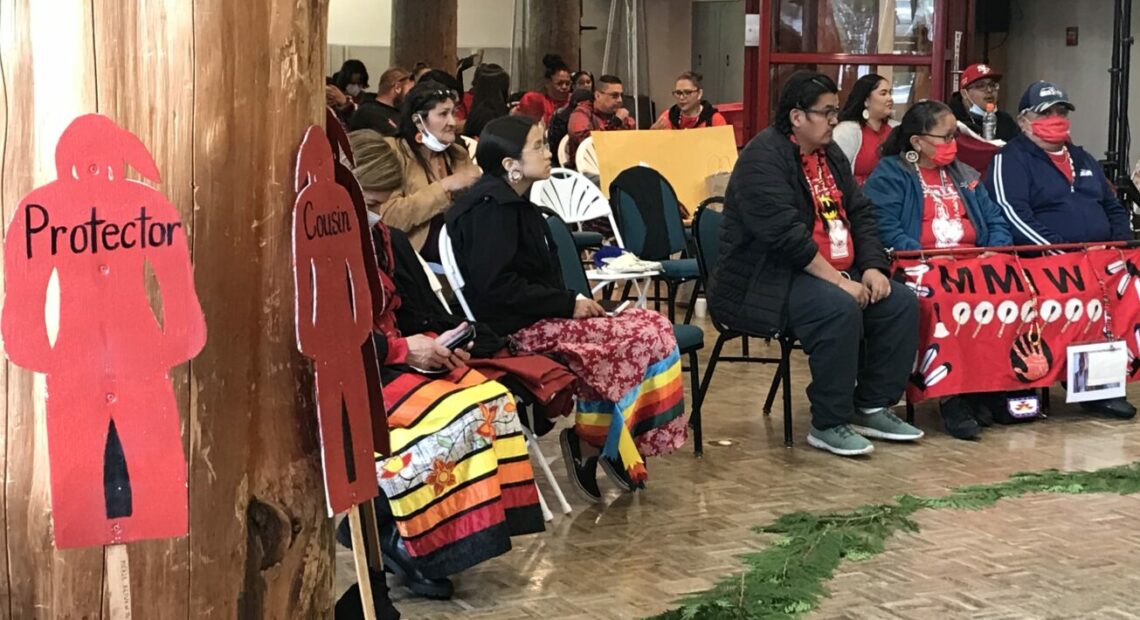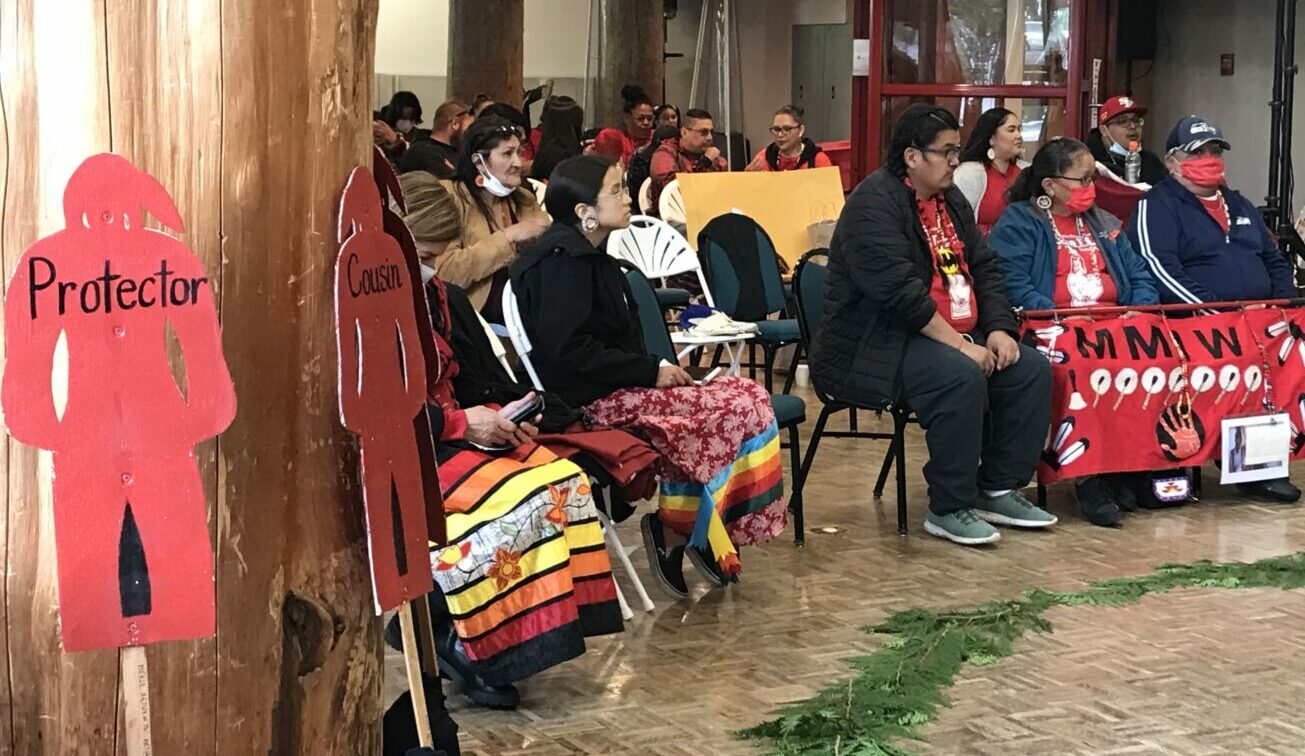
DOJ’s Regional Outreach program will strengthen investigation of MMIP cases in eastern Washington
Listen
(Runtime 1:24)
Read
Eastern Washington is part of the Missing or Murdered Indigenous Persons Regional Outreach Program recently announced by the U.S. Department of Justice. The program will provide more resources and specialized support to address the crisis in the Northwest.
The Regional Outreach program will provide an assistant attorney in eastern Washington and a coordinator for the District of Oregon.
Vanessa Waldref is the U.S. Attorney for the Eastern District of Washington.
“Both the prosecutor, as well as the coordinator, will be working to share information, training resources, and to have better standard of best practices for doing the work we can do to best serve our tribal population,” said Waldref.
The program is part of the Deputy Attorney General Office national directive to promote public safety in Indian Country.
In a press release, U.S. Attorney General Merrick B. Garland noted the Justice Department “will continue to accelerate our efforts, in partnership with Tribes, to keep their communities safe and pursue justice for American Indian and Alaska Native families.”
The resources for the Northwest will help with investigations of unresolved MMIP cases, as well as “promoting communication, coordination, and collaboration among federal, Tribal, local, and state law enforcement and non-governmental partners on MMIP issues,” mentioned the document.
Waldref said it will build on the work that her office and others are already doing to address violent crime.
“We currently have 70 active cases that we are pursuing in the category of Indian country that arise from violent crime or other actions on our Native American reservations,” said Waldref.
The assistant attorney and the coordinator will collaborate with other districts including Western Washington, California, Idaho and Montana, said Waldref.
“We wanted to select somebody who had a deep experience in prosecuting really serious homicide cases and will be in a great position to be able to support other districts,” said Waldref.
Margo Hill is a member of the Spokane Tribe and associate director of the Small, Urban, Rural and Tribal Center on Mobility at Eastern Washington University.
Hill says having a new attorney in the region is crucial, considering that the lack of lawyers is one of the obstacles facing the families of the missing and murdered.
“In our tribal communities, we lack access to attorneys. We don’t all have attorneys growing up in our family, people who can help us navigate the system. So, just access to attorneys is a big thing,” said Hill.
Also, investigating MMIP cases involves challenges like the extent of the territory that law enforcement must cover, so allocation of new resources is always relevant, said Hill.
“Particularly in eastern Washington, we have large land base reservations. For the Colville tribe, you have 1.4 million acres large land base with four districts, and tribes don’t have enough money to have law enforcement in all of their districts all the time.”
Hill says the Regional Outreach program could also help to mitigate jurisdictional barriers for law enforcement, families and the court systems.”
The Eastern District of Washington has four federally recognized tribes: Spokane, Yakama, Colville and Kalispell tribes, Waldref said. She said her office is actively involved with tribal law enforcement, the FBI and other agencies to prosecute crimes that occur on Native American reservations.
According to Washington State Patrol data, there are currently 134 active cases of missing or murdered indigenous persons in the state. Yakima County, with 38, and Pierce County, with 22, have the highest number of cases.
















